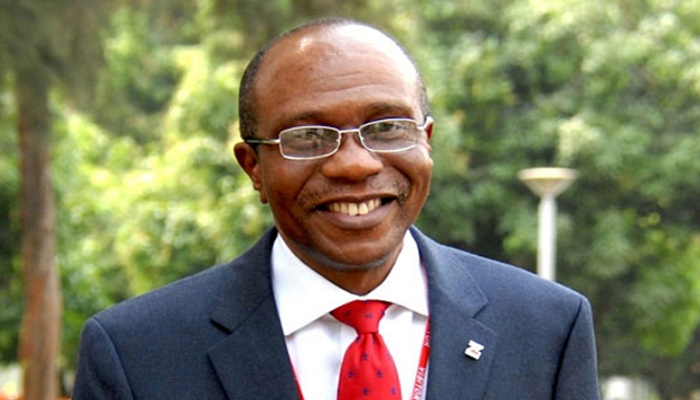Central Bank of Nigeria (CBN) Governor Godwin Emefiele, has stated the intentions of the apex bank to provide loans at 5%, as well as increase lending for agricultural processing. Emefiele made the statement in Ogun State at the launch of the MITROS Ofada rice.
“We presently focus on primary agriculture, we will soon shift focus on the processing. We are ready to provide cheap funding at not more than five per cent interest rate, to support those who want to procure farm processing equipment such as threshers, planters, harvesters and so on
Why is the CBN doing this ?
Agricultural processing is a sector Nigerians tend to shy from because of the costs involved. The high cost of lending in the country means businesses in the agricultural processing space are unable to take loans from commercial banks.
The CBN has thus provided several intervention funds in the agricultural space, prominent of which is the anchor lenders scheme. Under the scheme, loans are provided to the small holder farmers, who use them to buy required inputs. The loans are then paid with the harvested products which are supplied to agri processors.
Implications of the CBN move
Investments in processing means more value will be added to agricultural products. This increases the export value, and indirectly foreign exchange revenue. Increased investments in the agri processing space, also means more jobs will be created and this in turn spurs economic activities in the country.
Cheap money is not enough
While single digit interest loans are of great benefit, they are not the only stumbling block in the sector. Processing depends heavily on regular power which is a rarity in the country. Other infrastructural issues such as bad roads mean it takes days to transport these products from the hinterlands to the processing plants. Nigeria also lacks the required skill set to run some of these processing plants, hence requiring the employment of expatriates.




















